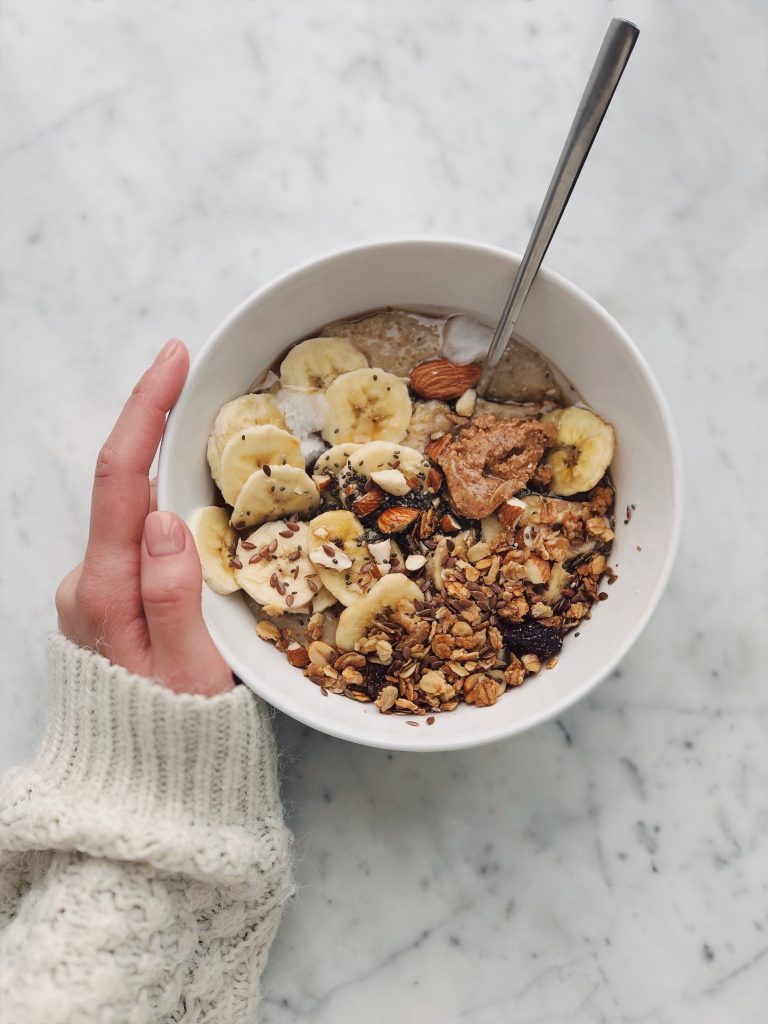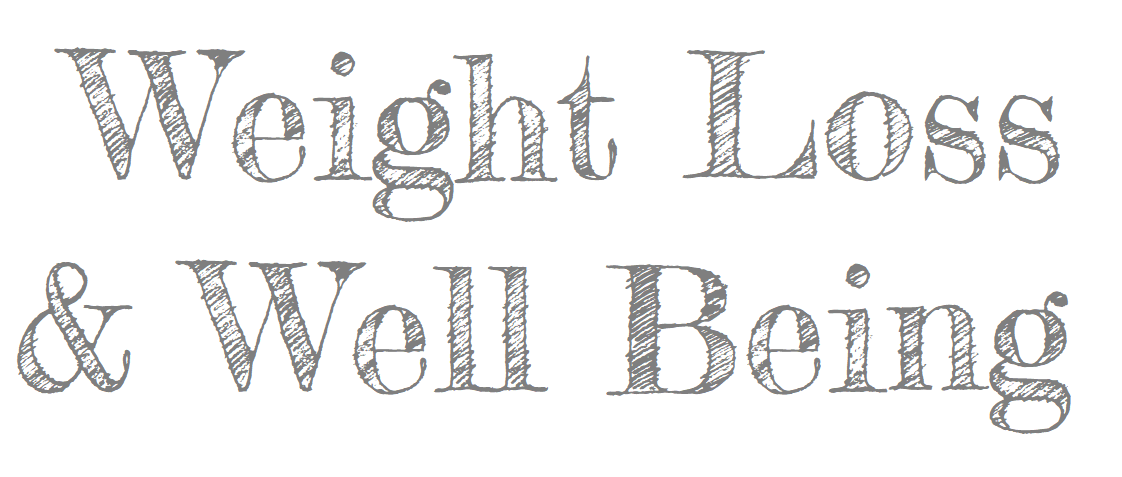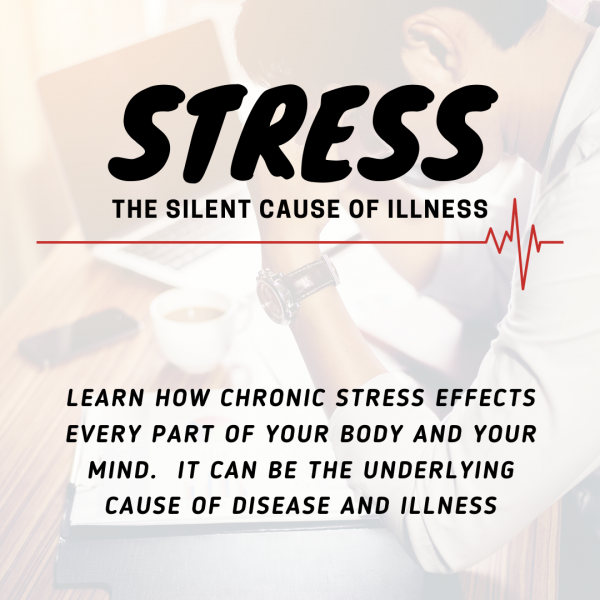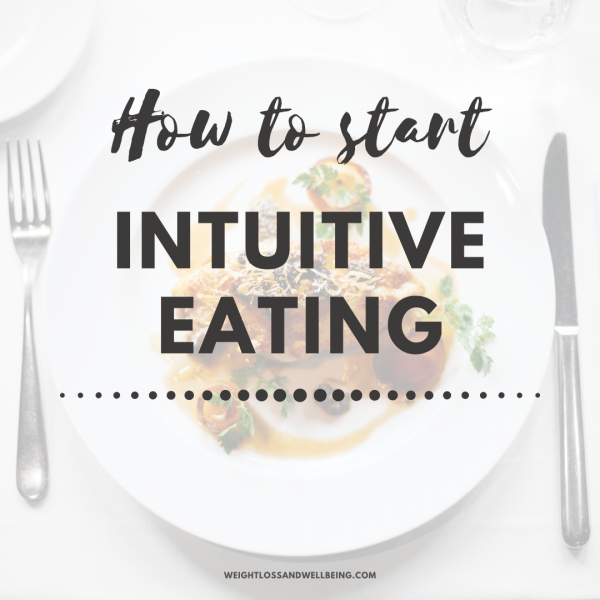What is gut health and why is it so popular right now? The short answer: It’s more than just your stomach, it is every part of your digestive system as a whole.
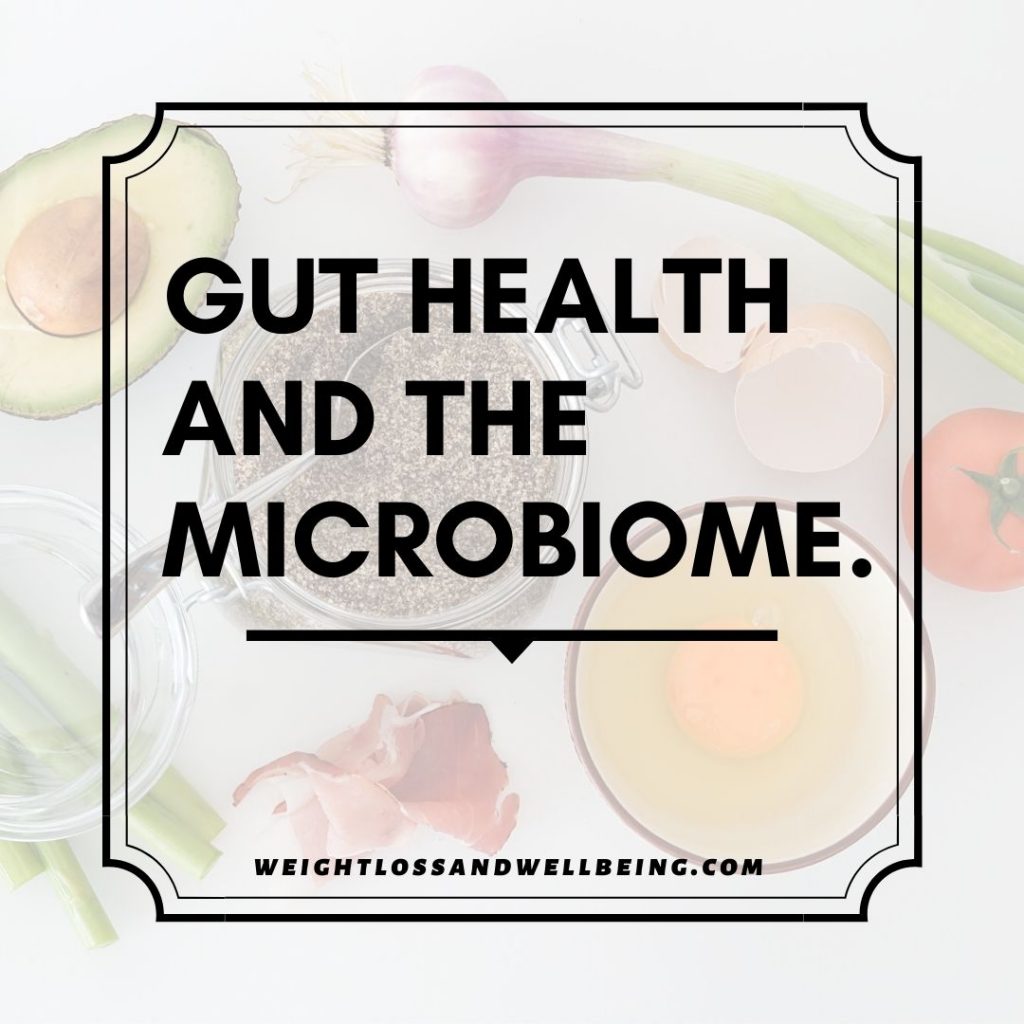
Your Gut isn’t your stomach, but it does include it. Specifically, it is your gastrointestinal tract, a tube that runs from you mouth to your rectum.
All of your major digestive organs like the esophagus, stomach, intestines, and colon are a part of this system. But it also includes smaller organs like the pancreas, liver, and gallbladder.
Gut Health.
When you hear people referring to “Gut Health,” they are speaking about digestive health as a whole system, and not just the stomach.
Our gastrointestinal tract is full of bacteria that keeps this complex system functioning optimally. The bacteria includes many different types and strains, but as a whole is referred to as microbiota or microbiome.
The Gut’s Microbiome.
The microbiome helps us digest our food and improve the absorption of nutrients. It also contributes to efficiently eliminating waste. Ensuring this microbiome is well-balanced and thriving is key to having good digestion, but it actually effects many other organ systems outside of digestion.
There are ten times more bacteria cells in our gut than we have in our entire body. This microbiota is obviously a huge part of who and what we are. Of this bacteria there are “good” or beneficial and “bad” or harmful bacteria. When the system is balanced and working optimally, it is called equilibrium.
Research has revealed that we get the first strains of this bacteria from our mothers upon birth. But it is clear that as we grow and mature, this microbiome will reflect our lifestyle and habits.
Lifestyle and Gut Health.
Even common things like the use of antibiotics to kill off a bacterial infection making us sick, can negatively affect the microbiota in our gut.
The antibiotics don’t know the difference between the bad bacteria of the infection and the good bacteria that populates our gut, so it destroys both.
On the opposite side, we have probiotics. Consumables like kimchi, kombucha, and yogurt all contain live bacteria strains that are beneficial to our microbiome.
Consuming these regularly will help maintain the population of good bacteria in your gut.

Therefore the food we eat, the medicines we consume, and the lifestyle we live, all dictate the state of this important microbiota. The gut controls not just the digestive system, but important functions all through our body and mind.

Gut Health’s Effects on Wellness.
We are just now starting to find out the amount of control this microbiome has over our daily function. Research has shown that too much bad bacteria can cause ulcerative colities, IBS, and possibly Crohn’s Diease. And new experiments show that improving gut health could be a good intervention for these digestive disorders.
There is also reason to believe that an imbalanced microbiome could cause cholestorol buildup. Which is a contributing factor to many cases of heart disease and even kidney disease.
Even more surprising, the microbiome’s control reaches all the way to the brain. Research suggests that it can effect not only your emotions, but also the way you process and interpret your environment, including sensory input.
Gut-Brain Connection
Clinical research is currently looking at a link between gut health and Autism Spectrum Disorder, chronic pain and inflammation, and even mental illnesses like anxiety and depression. And obesity may be related to a gut imbalance because the microbiome directly effects the pituitary gland. This is a very important gland that regulates hunger cues and satiation.
Harvard University is on the forefront of investigating the “Gut-Brain Connection.” They are looking at how it may contribute to Central Nervous Systems Disorders as well as the development of Alzheimer’s Disease.
One of the most interesting facets of the gut microbiome is its contributions to your immune system. Research has found that a large majority of immune system cells are created in the gut. But when you realize that these organs are actually completely exposed to the external world by digestion, it makes a lot more sense.
Our skin protects us from the environment, but we consistently try to digest foreign objects. Some of which may contain germs, viruses, bad bacteria, and other things we may not want to take up residence in our bodies.
It is therefore, our gut’s job to weed out the offenders and stave off any attacks. It is important to keep this microbiome in the best shape to create a strong front line to defend your health.
Bad Gut Health.
There are several warning signs to gauge your gut health. The most obvious of which involves your digestion. Frequent digestive disturbances like bloating and gas, heartburn and indigestion, or constipation and diarrhea are all symptoms of poor gut health.

Often, those suffering from an imbalanced microbiome will have trouble processing food and then eliminating the waste. Your bathroom habits can be the biggest (and most uncomfortable) red flag. For many, this can be the catalyst for change.
But there are several other significant symptoms. Sudden increases or decreases in weight, irregular sleep and fatigue, and even autoimmune conditions can signal a bacterial overgrowth. Some suffer from allergies, skin irritations, and develop food intolerance all due to poor gut health.

Support Good Gut Health.
Unfortunately, the majority of “Standard American Diet” does not promote or contribute to good gut health.
Our diets are full of sugar, refined sweeteners, and high fructose corn syrup which wreak havoc on the good bacteria we want to populate our gut. Avoiding soda and sugary juices can eliminate a huge amount of sugar from your diet.
But processed foods are also a danger to good gut health. Most of the building blocks of packaged and prepared foods are actually made of corn.
It is so important to avoid processed and artificial foods in order to ensure you get a diverse diet. Every single plant and animal product offers different contributions to your microbiota. Ensuring a diverse and robust microbiome with supprt a healthy gut.
Also try to avoid white flour which has been broken down and stripped of all its natural fiber. The fiber-rich husk is removed from wheat in order to create soft and smooth pure white flour. That fiber is one of the preferred foods of the good bacteria in our gut. And stripping it from the diet has started to have drastic consequences. Make sure to incorporate whole grains, beans, legumes, fruits (with the peel), and vegetables as often as possible. They all contain good amounts of fiber.
Prebiotics and Probiotics.
Incorporating Prebiotics and Probiotics into your diet is one of the best things you can do to rebuild or maintain a healthy microbiome.
Prebiotics and probiotics work hand in hand to form a symbioitic combination. Think of the prebiotic as food to the probiotic which is the bacteria.
By purposefully providing the good bacteria with the food it needs to thrive and reproduce, you can crowd out the bad bacteria from your gut.
Prebiotics are found in foods like bananas, garlic, onions, leeks, artichokes, and asparagus. And probiotics are found in yogurt and aged cheeses, things that have been fermented like kimchi, kombucha, and kefir.
Incorporating the two together can be as simple and delicious as a bowl of yogurt with banana slices. Good gut health takes time and devotion, but can be simple as long as you feed your good bacteria everything it needs to thrive.
